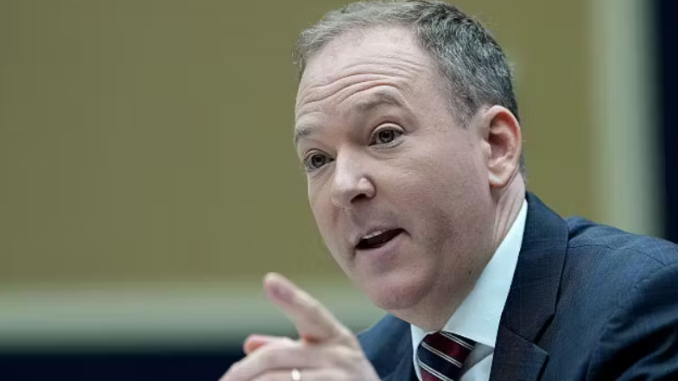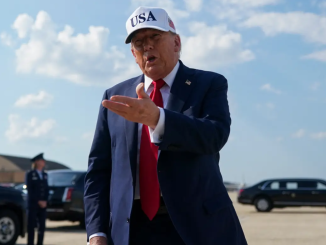
The Clean Air Act, which was put into place in the 1970s, authorized the EPA to regulate pollutants like ozone, particulate matter, sulfur dioxide, and others that might endanger public health or welfare.
{snip}
The Clean Air Act was meant to stop particulate matter. It was meant to stop the breaking down of the ozone layer. It was not meant to deal with carbon, and particularly carbon dioxide, which is a natural byproduct of breathing.
Carbon dioxide is not a danger to human beings in the environment. You may not like what it does in terms of global climate change. But the idea that the EPA has authority under the Clean Air Act is wrong. If Congress wants to give the EPA that authority, then it certainly could. But it never did.
{snip}
Now the EPA is revoking the previous policy. The Wall Street Journal wrote:
The Energy Department on Tuesday published a comprehensive analysis of climate science and its uncertainties by five outside scientists. One is Steven Koonin who served in the Obama Administration and is a contributor to these pages. The crucial point is that CO2 is different from the pollutants that Congress expressly authorized EPA to regulate.
Those pollutants “are subject to regulatory control because they cause local problems depending on concentrations that include nuisances (odor, visibility), damage to plants, and, at high enough exposure levels, toxicological effects in humans,” the report notes. “In contrast, CO2 is odorless, does not affect visibility and has no toxicological effects at ambient levels.”
In other words, higher levels of CO2 in the air from fossil fuels won’t make you sick.
{snip}
What does that mean? It means something extraordinary for the American economy. Among other things, such as a massive deregulatory environment, the alleged cost of regulating greenhouse gas emissions under the Clean Air Act amounts to roughly $54 billion per year. If you multiply that out over the course of the last decade and a half, you’re talking about a cost in excess of $800 billion, all based on a regulatory agency radically exceeding its boundaries.
Energy Secretary Chris Wright told me:
It’s just been a huge entanglement into American life. Big brother climate regulations from the government that don’t do anything meaningful for global greenhouse gas emissions. They don’t change any health outcomes for Americans, but they massively grow the government. … So administrator Lee Zeldin, is reviewing that and saying, “Hey, we don’t believe that greenhouse gases are a significant endangerment to the American public, and they shouldn’t be regulated by the EPA.”
{snip}
I asked him what were the biggest findings from that report that he commissioned at the Department of Energy.
“Maybe the single biggest one that everyone should be aware of is the ceaseless repeating that climate change is making storms more frequent and more severe and more dangerous. It’s just nonsense. That’s never been in the Intergovernmental Panel on Climate Change reports. It’s just not true. But the media and politicians and activists just repeatedly repeat it,” he replied.
“We’ve just driven up the price of energy and reduced choice to American consumers without meaningfully moving global greenhouse gas emissions at all,” he said. “And when I talk to activists or politicians about it, they’re not even that concerned about it and say it.
{snip}
“We just need some common sense back around energy and climate change. That’s where the Trump administration is headed across the administration, not just in Zeldin and myself, but everyone in the administration. We just want Americans to have a government that follows basic common sense,” he concluded.

The way to look at it is – when Bill Gates stops flying privately, throws his helicopter and yacht in recycle, we’ll believe he cares about the climate change. That goes for every left dim wit who follows suit, like Greta. (March 2024, Desante staff pointed him and his entourage flying in and out by chopper to the resort’s spa and tennis courts. His mega yacht perched out in the harbor.